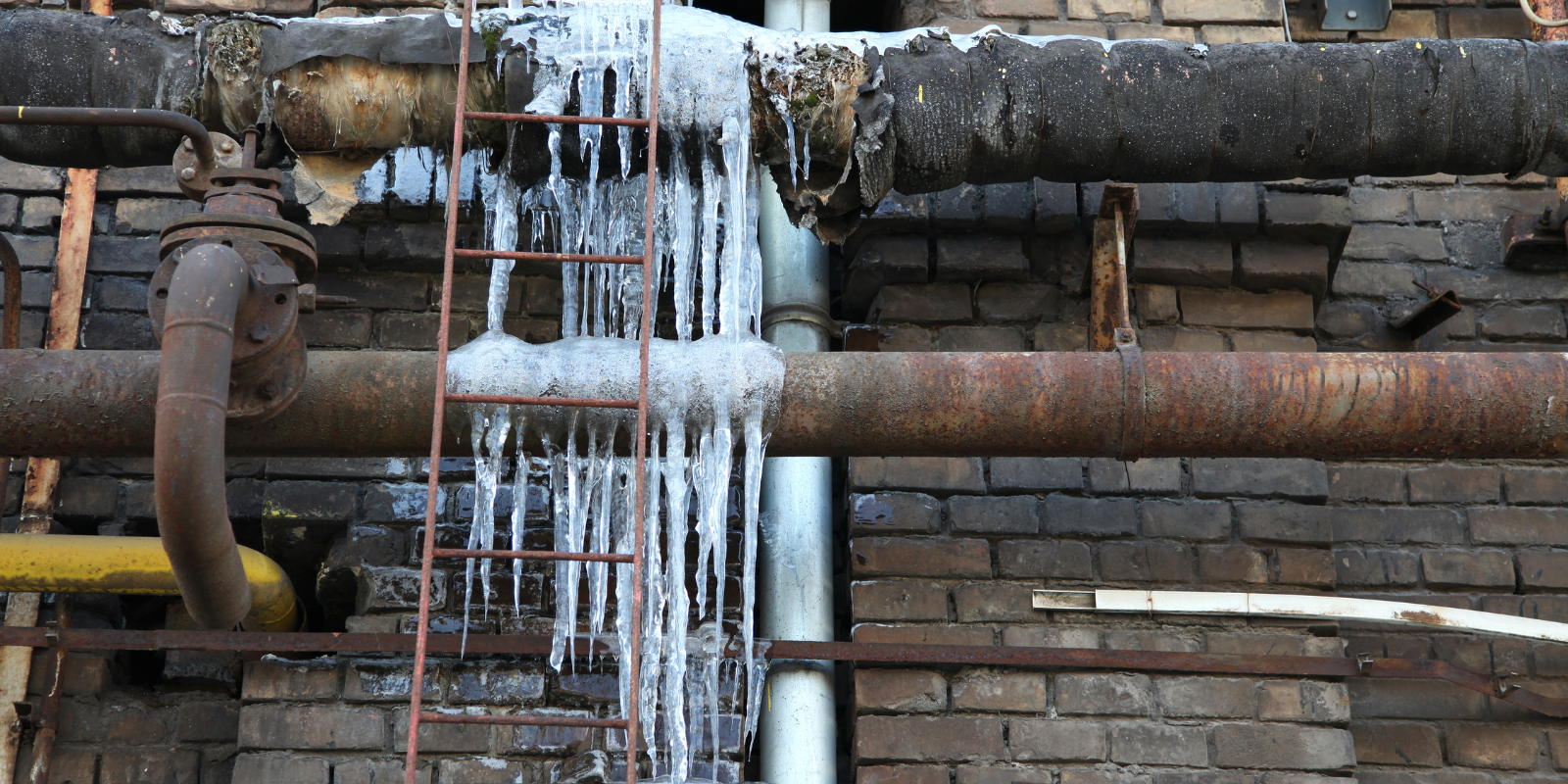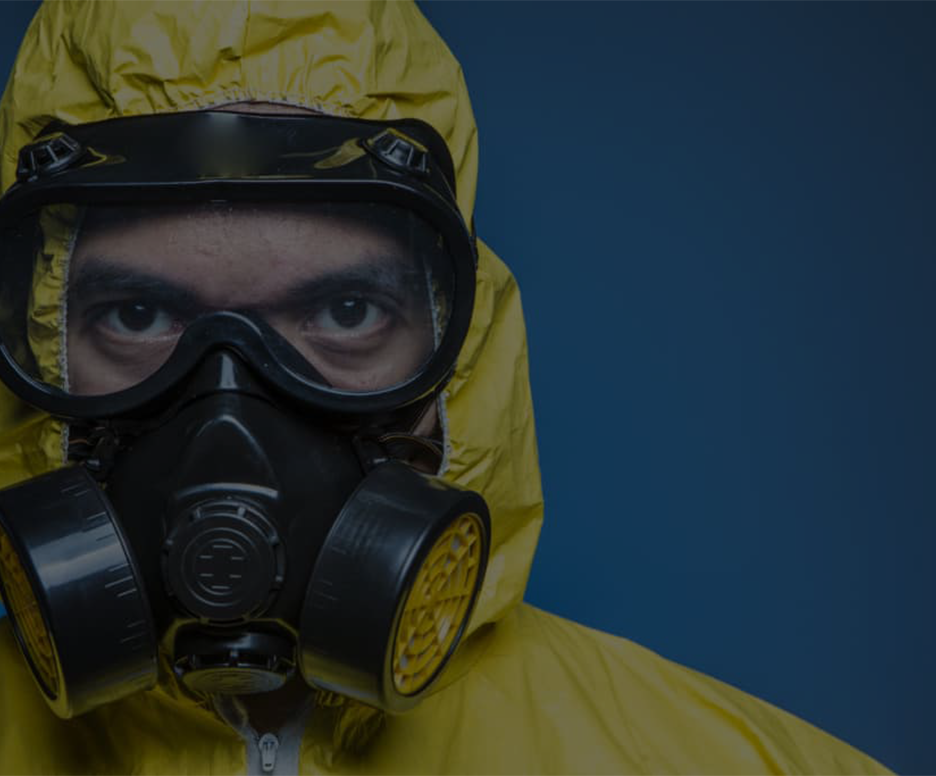Winter Water Damage: Top 10 Issues, Prevention Tips, Solutions
By: 911 Water Damage Experts
Winter brings picturesque snowscapes, but it also brings the potential for water damage to your property. In this comprehensive guide, we’ll navigate through the top 10 common water damage issues during winter, offer preventive tips, explore solutions, delve into the costs of restoration, and answer the top 10 frequently asked questions.
1. Frozen Pipes: A Leading Culprit
Frozen pipes top the list of common winter water damage issues. As temperatures plummet, pipes can freeze, leading to cracks and potential bursts. Understand the causes and preventive measures to safeguard your plumbing.
2. Ice Dams and Roof Leaks
Ice dams forming on roofs pose a threat, causing water to seep into your home. Learn about the factors contributing to ice dams and discover effective strategies to prevent roof leaks.
3. Faulty Gutters: A Hidden Menace
Clogged or faulty gutters can exacerbate water damage issues. Explore the impact of neglected gutters and discover tips for regular maintenance to prevent water accumulation.
4. Inadequate Insulation
Insufficient insulation can lead to various problems, including frozen pipes and ice dams. Learn about the importance of proper insulation and how to bolster your home against winter’s chill.
5. Burst Water Heaters
Cold temperatures strain water heaters, making them susceptible to leaks or bursts. Explore ways to maintain your water heater during winter and prevent potential flooding.
6. Basement Flooding: A Persistent Concern
Winter brings increased risks of basement flooding due to melting snow and ice. Uncover strategies to fortify your basement against water infiltration.
7. Cracked Foundations
Sub-zero temperatures can cause the ground to freeze and lead to foundation cracks. Understand the signs of foundation issues and implement preventive measures.
8. Sump Pump Failures
Sump pumps play a vital role in preventing basement flooding. Learn about common reasons for sump pump failures and how to ensure their optimal performance.
9. Poorly Sealed Windows and Doors
Drafty windows and doors can contribute to water damage by allowing cold air and moisture to seep into your home. Discover tips for proper sealing to mitigate this risk.
10. Appliance Leaks
Appliances like dishwashers and washing machines can develop leaks during winter. Explore preventive maintenance to avoid surprises and water damage.
 Top 10 Prevention Tips for Winter Water Damage
Top 10 Prevention Tips for Winter Water Damage
1. Insulate Pipes and Attic Spaces
Proper insulation is key to preventing frozen pipes and ice dams. Ensure your pipes and attic spaces are well-insulated.
2. Regular Gutter Maintenance
Prevent water accumulation by routinely cleaning and inspecting your gutters for any debris or clogs.
3. Seal Windows and Doors
Eliminate drafts by sealing windows and doors, reducing the risk of cold air and moisture entering your home.
4. Maintain Sump Pump Functionality
Regularly test and maintain your sump pump to avoid basement flooding.
5. Invest in Quality Insulation
Bolster your home’s insulation to protect against foundation cracks and other cold-weather issues.
6. Monitor Water Heater Health
Check your water heater for signs of wear and tear, ensuring it can withstand winter demands.
7. Prevent Appliance Leaks
Inspect and maintain appliances regularly to prevent unexpected leaks and water damage.
8. Install Leak Detection Devices
Utilize technology to your advantage by installing leak detection devices to alert you of potential issues.
9. Educate Family Members
Ensure everyone in your household is aware of winter water damage risks and preventive measures.
10. Consider Professional Inspection
Engage professionals to assess your home’s vulnerability to winter water damage and recommend tailored solutions.
Top 5 Solutions to Water Damage:
1. Thawing Frozen Pipes
If your pipes freeze, learn safe methods to thaw them and prevent further damage.
2. Emergency Roof Repairs
Swiftly address roof leaks and ice dams during winter storms to minimize damage.
3. Prompt Gutter Repairs
Fix faulty gutters promptly to prevent water from seeping into your home.
4. Efficient Basement Water Removal
In the event of basement flooding, implement efficient water removal methods to minimize damage.
5. Professional Foundation Repairs
If foundation cracks occur, seek professional assistance for thorough repairs to prevent structural issues.
Costs of Fixing and Restoring Water Damage
Understanding the financial aspect is crucial when dealing with water damage. On average, the cost to fix and restore water damage varies. The average cost per square foot can range from $3 to $7, depending on the extent of the damage and required repairs. It’s essential to obtain multiple quotes from reputable professionals to ensure a fair assessment.
FAQs
1. Can I prevent frozen pipes without professional help?
Discover DIY methods for preventing frozen pipes without relying on professional assistance.
2. Are ice dams covered by home insurance?
Understand the nuances of home insurance coverage concerning ice dams and associated damages.
3. What signs indicate a failing sump pump?
Learn about common signs of sump pump failure and when to seek repairs or replacement.
4. How can I tell if my foundation has cracks?
Explore visual cues and signs indicating foundation cracks, and understand when to consult professionals.
5. Are appliance leaks common during winter?
Understand the factors contributing to appliance leaks during winter and preventive measures.
6. How often should I inspect my gutters?
Discover the optimal frequency for gutter inspections and maintenance to prevent water damage.
7. Are foundation cracks a severe issue?
Understand the potential consequences of foundation cracks and when to address them promptly.
8. Can water damage lead to mold growth?
Explore the connection between water damage and mold growth, and how to prevent it.
9. Are there insurance policies specifically for winter water damage?
Learn about specialized insurance policies that cover winter-related water damage issues.
10. Should I invest in a home inspection before winter?
Understand the benefits of a professional home inspection to assess vulnerability to winter water damage.
Conclusion
Navigating the complexities of winter water damage requires a proactive approach. By familiarizing yourself with common issues, implementing preventive measures, understanding potential solutions, and being informed about costs and FAQs, you can safeguard your home and enjoy a worry-free winter.


